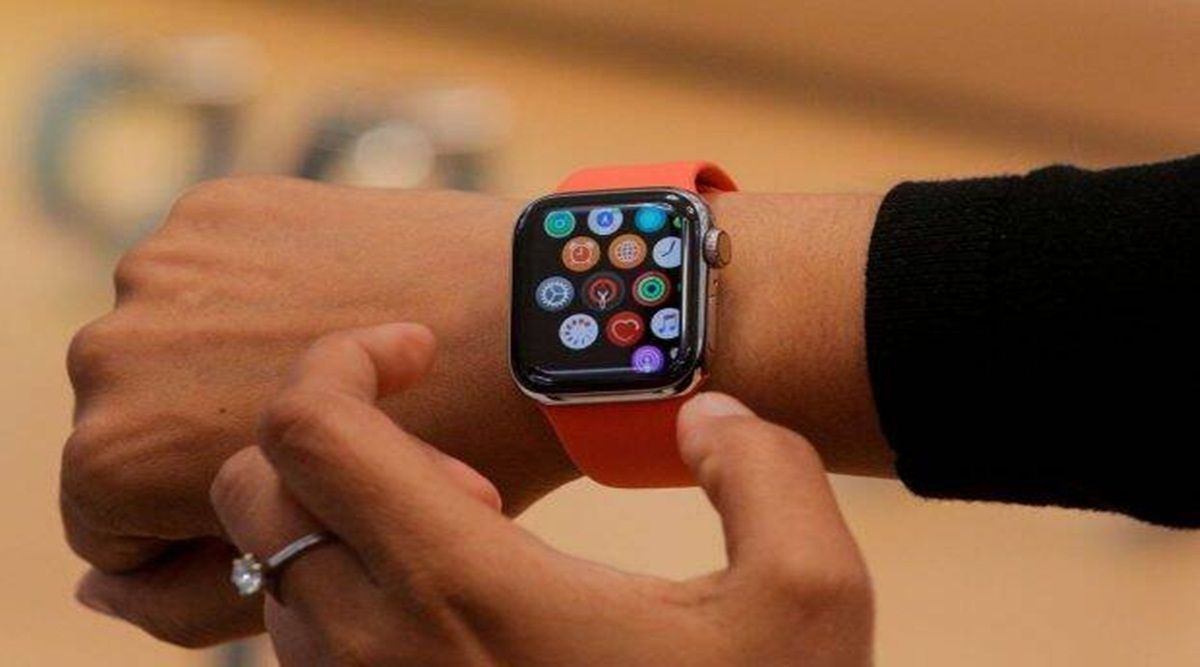According to study, health monitors that are worn on the wrist may be able to detect Covid-19 days before symptoms manifest themselves.
A recent research suggests that the trackers, which measure variations in skin temperature as well as the rhythms of the pulse and respiration, may be linked with artificial intelligence (AI) in order to provide a diagnosis.
A fertility tracker called the AVA bracelet, which can be purchased online and evaluated by a group of researchers who published their findings in the journal BMJ Open, was put to the test.
The rate of breathing, the heart rate, the variability of the heart rate, wrist skin temperature, and blood flow are all monitored by it.
From the beginning of the pandemic to the end of the research, 1,163 persons under the age of 51 who lived in Lichtenstein were tracked.
They were instructed to wear the AVA bracelet while they were slept, and the gadget would save their data once every ten seconds. In order for it to be effective, it is necessary for people to sleep for a minimum of four hours.
The wristbands were synchronised with an app on the users’ smartphones, and users were instructed to report any behaviours or substances—including alcohol, prescription medicines, and recreational drugs—that may influence the findings.
They also made a note of any suspected indications of Covid-19, such as a fever.
All of the people who participated in the trial were given frequent fast antibody testing for Covid, and those who were experiencing symptoms were also given a PCR swab test.
In all, 1.5 million hours of physiological data were acquired, and Covid was verified in 127 persons. Of these 127 patients, 66 (or 52 percent) had worn their device for at least 29 days in a row and were included in the study because of this fact.
According to the findings of the study, there were significant changes in the body during the incubation period for the infection, the period before symptoms appeared, the period when symptoms appeared, and during recovery, as compared to non-infection. These changes were found to have occurred during all four stages.
In all, the tracker and computer algorithm were able to identify 68 percent of persons who were positive for Covid-19 two days before the onset of their symptoms.
The group, which included members from the Cardiovascular Study Institute of Basel, came to the conclusion that the research had some limitations, one of which was that not all Covid instances were recorded.
However, they went on to say that “wearable sensor technologies may allow detection of Covid-19 during the pre-symptomatic stage.”
Wearable sensor technology is a user-friendly and inexpensive solution that enables anyone to monitor their own health and well-being during a pandemic.
The algorithm is now being evaluated by a somewhat bigger sample in the Netherlands (20,000 individuals), and the findings are anticipated to become available later on in 2018.
